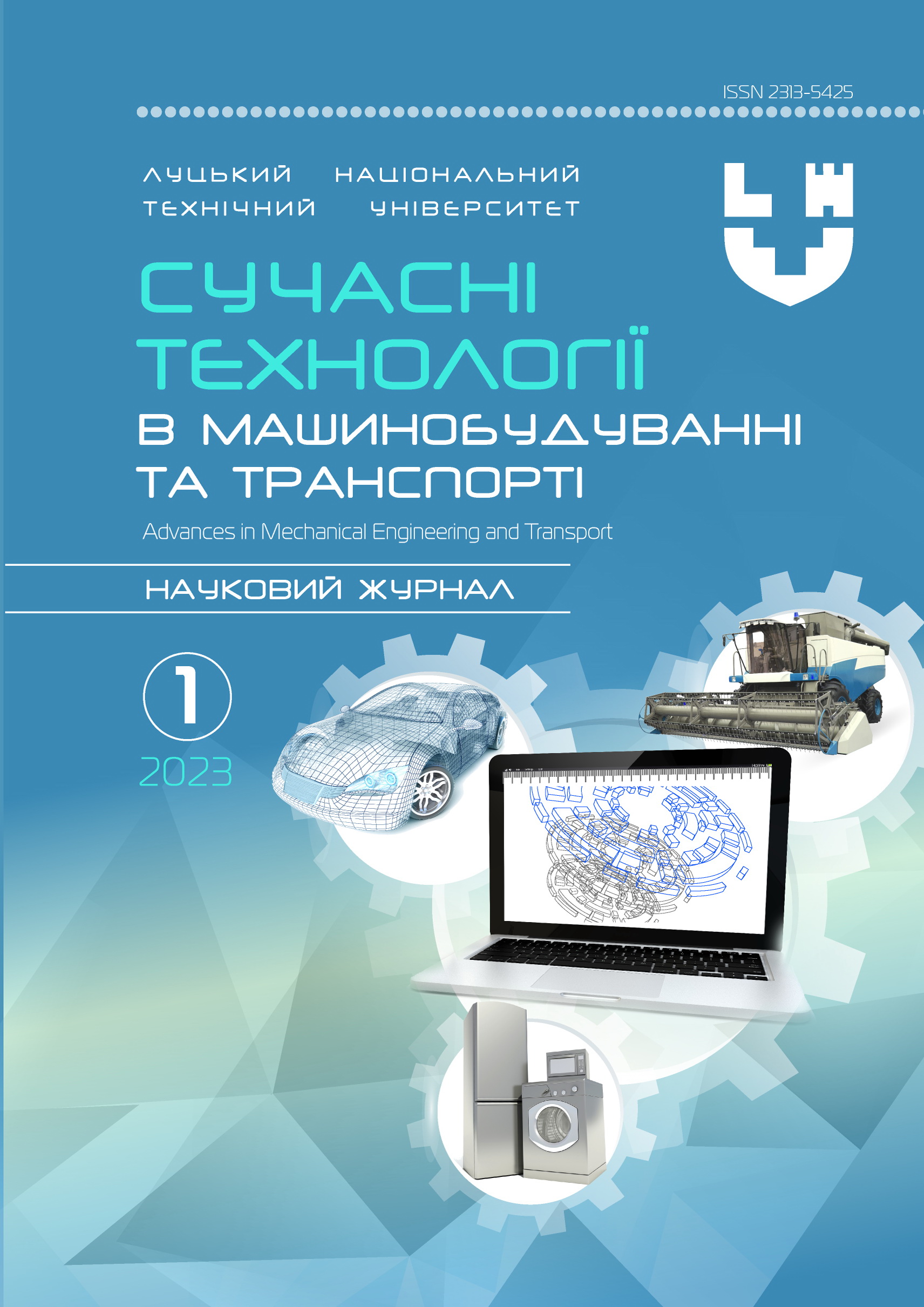Overview of the capabilities of modern transport and logistics service providers in integrated transport systems
Abstract
At present, logistics has become widespread in many business areas. Companies have begun to realize that one of the ways to gain a competitive advantage in the consumer market is to build a well-functioning supply chain and manage it efficiently. This situation created a demand for various logistics services that led to the appearance of a wide range of logistics mediators – transport and logistics service providers that ensure integration processes in transportation and related production and warehouse systems. Each of these operators has its functionality and provides a certain level of service, which gives clients flexibility in choosing both the level of service and tariffs. According to the range of services provided, logistics operators are traditionally divided into 1PL, 2PL, 3PL, 4PL and 5PL, but the presence of such trends as digitalization of logistics processes, implementation of artificial intelligence, the Internet of Things, and “intelligent edge” has led to the emergence of such conceptual levels of logistics providers as 6PL, 7PL, 8PL, 9PL and 10PL. They are not a reality yet, although examples of their potential services can already be observed in practice. Apart from the abovementioned, there exists the modification of the classification of PL providers that takes into account the transport modes involved in transportation along with the chronology of logistics processes.
This evolution of the logistics services market sometimes leads to difficulties in choosing a logistics operator. This choice is influenced by many interrelated factors, including awareness and a clear understanding of the operator’s functionality. This paper presents an analysis of the capabilities of modern transport and logistics service providers and their classification. The results of the analysis will make it easier for clients to identify the type of provider and make an informed choice depending on their needs.
Keywords: logistics, logistics services, transport service, PL-providers, transport system integration




